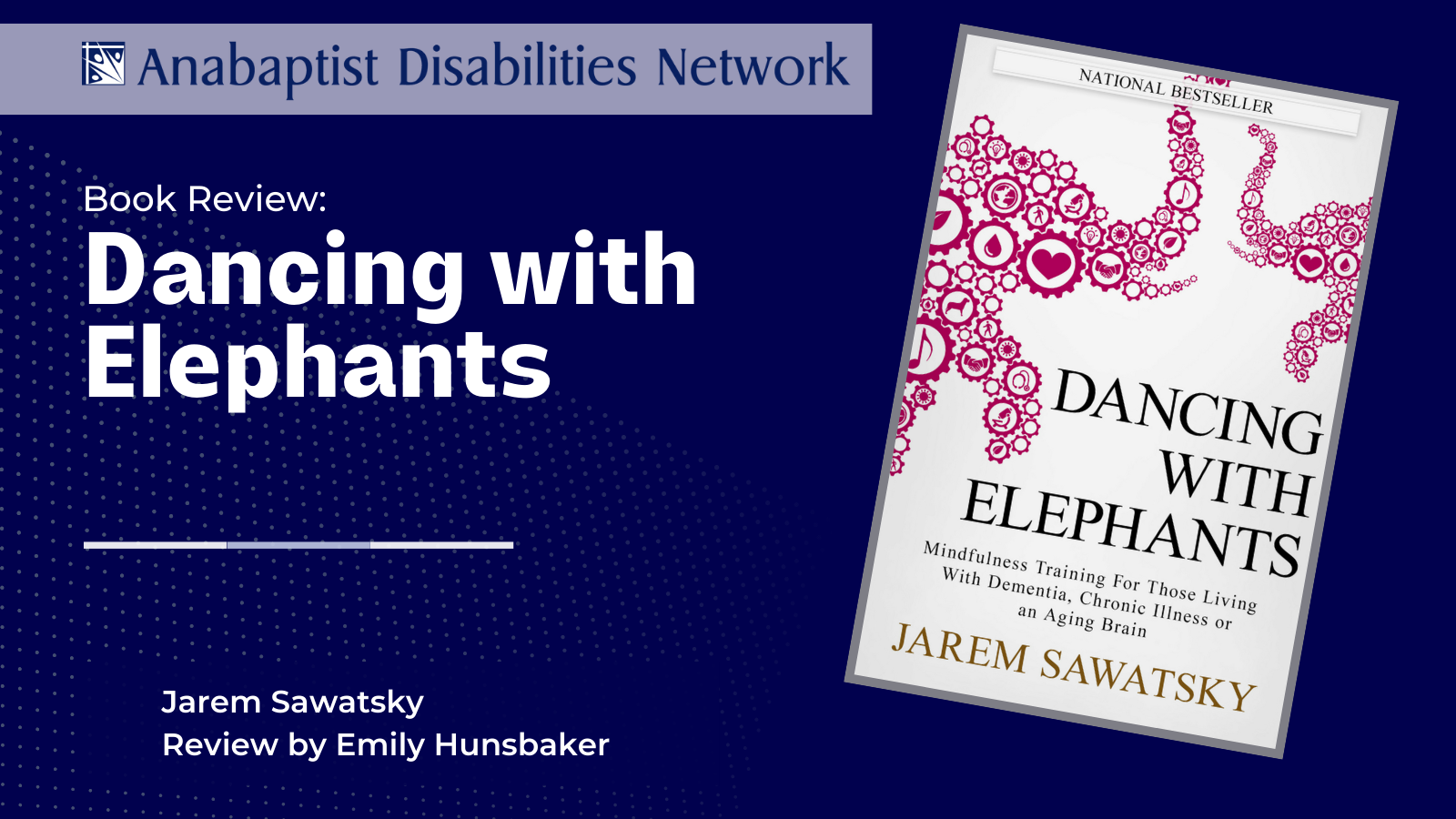Dementia and Memory Loss
Dementia and memory loss comes in many forms, and people can experience a variety of symptoms related to memory, reasoning, concentration, problem solving, thinking of words, even the ability to speak.
The most common form of dementia is Alzheimer’s Dementia. Most people affected experience memory loss in the beginning, but not everyone does. Other signs of dementia are repetitive activities, repeating questions or stories, pacing, disrobing, and having a short temper. We need to remain open and accept that the changes we see are part of the disease process in our friend.
People with dementia maintain their faith and spiritual needs throughout the disease process. Traditional faith practices, scriptures, and hymns stay in long term memory. We, as friends and family in faith, can work to make sure that everyone remains a vital and beloved member of our church body.
Tips for Supporting People with Dementia or Memory Loss
For Congregations
- Use the individual’s favorite hymns, scriptures, and prayers in worship and faith formation. Include rituals they find important and accessible.
- Provide a quiet space for talking and eating to decrease confusion. Simplify the environment by avoiding bright lights, loud noises, and fragrances.
- Offer comfort items to hold: Bibles, crosses, needlepoint projects, etc.
- Learn how the person has been involved in the congregation in their past and find ways they can still be actively involved.
- Create a network of support for the individual with memory loss and their caregivers:
- Connect them with peer groups for support and activities.
- Offer transportation to church events.
- Create a schedule of respite: bring a meal or to sit and visit with the person with dementia to give the caregiver a break.
For Individuals
- Greet from the front and maintain eye contact. Use a calm, gentle approach, moving slowly. Introduce yourself at the beginning of the conversation.
- Get to know who they believe they are now: respect their preferred names and self-understanding.
- Avoid arguing with the person with memory loss. In case of frustration, try a change of subject.
- Do not ask direct questions that rely on a good memory. Instead, ask simple questions that require a yes/no answer.
- Stay in the moment with the individual. Their reality may be in the past; do not force them into the future. Ask “How are you feeling?” to bring them to the present. Recognize and respect their reality in the moment.
- If the person becomes agitated or confused, suggest moving to a quieter, less stimulating location in the church.
- Reduce choices when offering an activity or a snack.
- Avoid discussing the person in their presence; talk to them, not about them.
- Connect both with the person with dementia and their caregivers. Send cards or letters for holidays, birthdays, and “Just Because.”
- Educate yourself on dementia, and advocate for accommodations in the congregation to help the person remain connected.
Resources
-

Dementia and Memory Loss
ADN field associate Heddie Sumner provides education on dementia: what it is, how to communicate with those affected, and how congregations can continue to minister to people affected and their caregivers.
Resources from Other Organizations
- Creating Dementia Friendly Faith Communities, Us Against Alzheimer’s
- What Not to Say to Someone with Dementia, Alzheimer’s UK
- Faith-based Resources on Dementia, National Institutes of Health
- A Faith Community’s Alzheimer’s Awareness Toolkit, National Institute of Health. This resource includes tips for starting a Memory Cafe at your church.
Your Stories
-

I’m Living with Dementia; are you?
Marie Harnish shares the way her mother’s dementia has impacted the life of her family.



